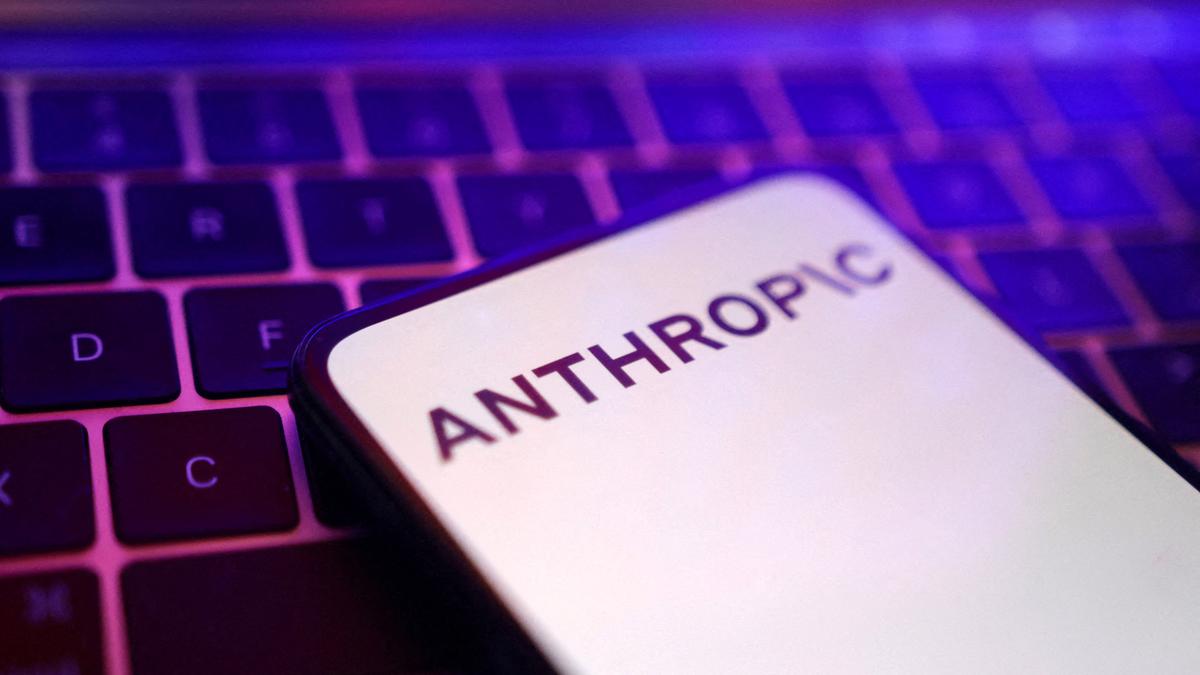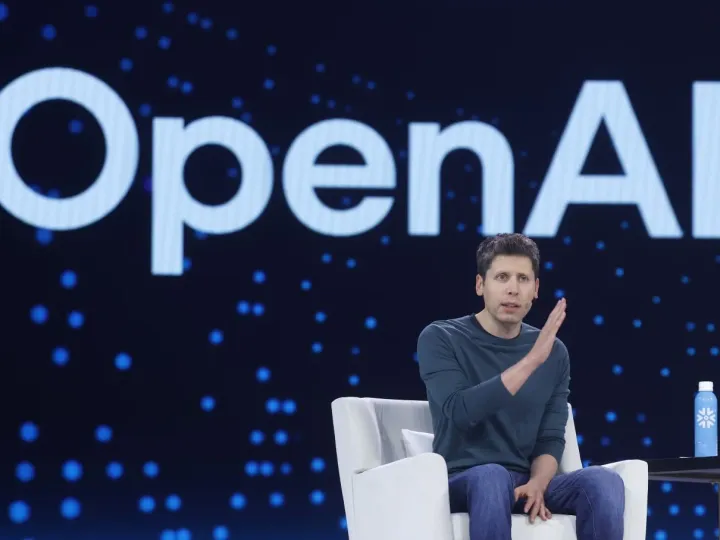AI vs. Music Moguls – Who’s Winning? Judge Delivers Major Ruling

Anthropic Wins Key Battle in AI Copyright Lawsuit Against Music Publishers
AI vs. Music Industry: Court Sides with Anthropic in Copyright Dispute
California Judge Rejects Music Publishers' Bid to Halt AI Training with Lyrics
Artificial intelligence company Anthropic has secured an early victory in its legal battle against music publishers over AI training and copyright use. A California federal judge denied a request from Universal Music Group (UMG), Concord, and ABKCO to block Anthropic from using copyrighted lyrics to train its AI chatbot, Claude.
Judge Denies Injunction Against Anthropic
In a ruling that could have significant implications for AI and copyright law, U.S. District Judge Eumi Lee found the publishers’ request too broad. She ruled that they failed to prove Anthropic’s actions caused them "irreparable harm."
The publishers, who had accused Anthropic of unlawfully using lyrics from at least 500 songs—including works by Beyoncé, the Rolling Stones, and the Beach Boys—expressed confidence in their broader case despite the setback. “We remain very confident in our case against Anthropic,” they said in a statement.
On the other hand, Anthropic welcomed the ruling, stating that it was pleased the court did not support the publishers' "disruptive and amorphous request."
The Battle Over AI Training and Copyright Fair Use
Music publishers claim that Anthropic used copyrighted lyrics without permission to train its AI chatbot, potentially reducing the value of licensing agreements. However, Anthropic, along with other tech companies like OpenAI, Microsoft, and Meta, argues that AI training constitutes “fair use” under U.S. copyright law.
Fair use is likely to be the deciding factor in this and similar lawsuits involving AI and copyrighted content. Tech companies insist that studying copyrighted material allows AI models to generate transformative new content rather than directly copying the original works.
The Court’s Key Findings
Judge Lee rejected the claim that Anthropic's use of lyrics harmed the publishers' licensing market. She noted that the lawsuit involves the broader issue of defining AI licensing markets, where the question of fair use remains unsettled.
“Publishers are essentially asking the Court to define the contours of a licensing market for AI training, where the threshold question of fair use remains unresolved,” Lee said in her ruling.
What’s Next in the Lawsuit?
Although the ruling is a win for Anthropic, the legal battle is far from over. The case could set a precedent for how copyrighted material is used in AI training and whether content creators are entitled to compensation.
As more industries grapple with AI’s rapid advancements, this lawsuit—and others like it—will shape the future of copyright protection in the digital age.



